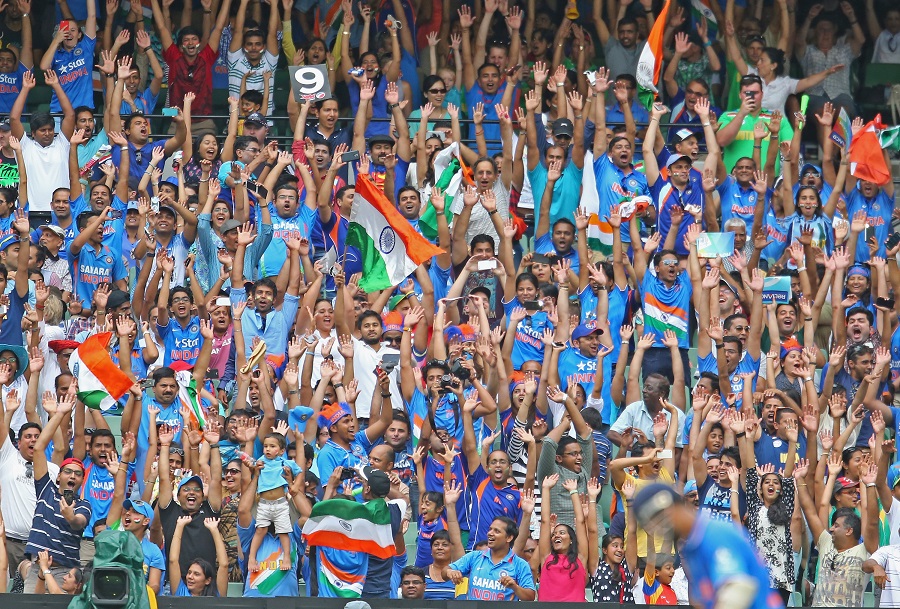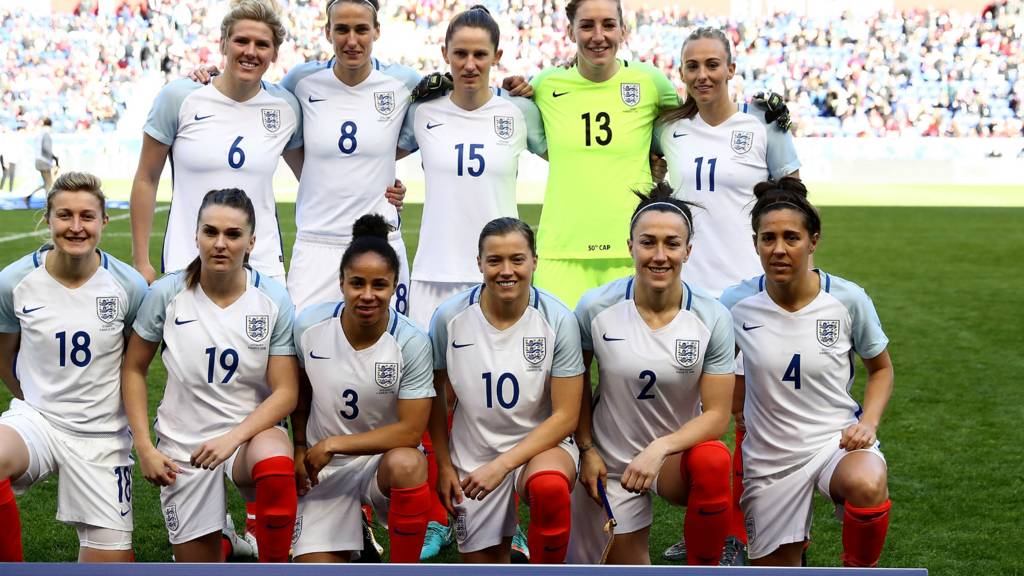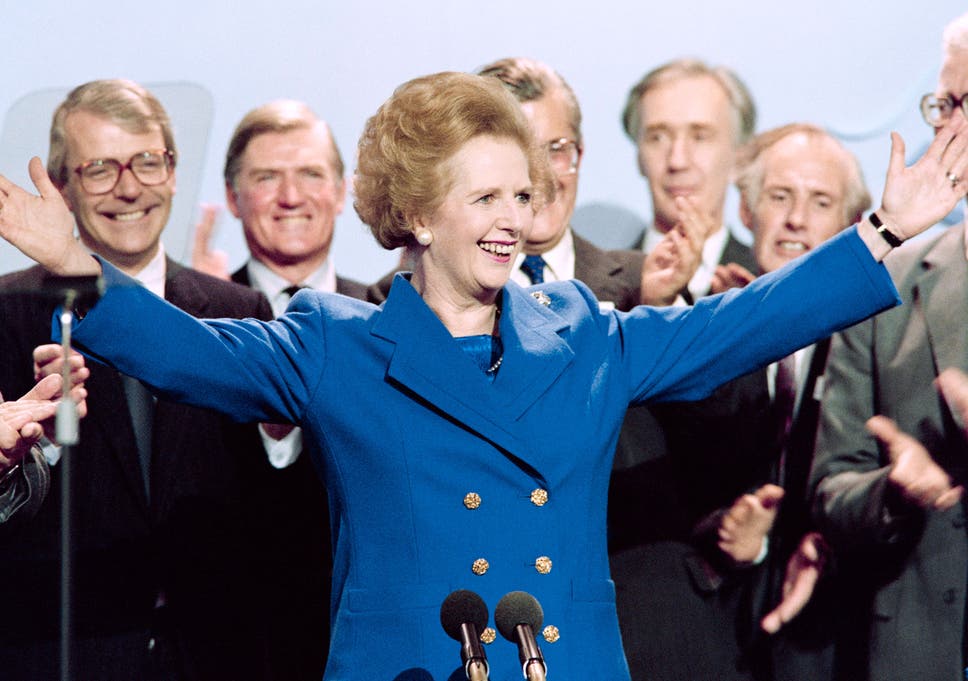A day well spent |
| Add caption |
Every nation craves recognition and through that recognition ordinary citizens bathe for a moment or two in the glory. Once it was on the field of battle but as the battles became more costly and the death toll began to include more civilians than combatants, the cost of going to war is simply too high. These days we contest and measure our strength in the various sports we take part in. Sometimes we do well, sometimes we fail but the nation carries each occasion through the hopes of its citizens and in no small part each person seeing a victory feels a tiny part of the event.
Today has been choker block full of memorable sporting events.
Wimbledon with those two giant champions of tennis, Roger Federer v Novak Djokovic was a titanic five set struggle with Djokovic finally emerging the winner.
We also have the culmination of the cricket World Cup with England favourites to beat New Zealand and, in Formula One Motor Racing, a Louis Hamilton win at Silverstone.
The cricket was almost impossible to watch because of the tension. We are well known for choking at the last hurdle, we don't quite fulfill the hype our sporting pundits put out in their protestations of our chance to win and too often we seem to stare at the winning line yet unable to hold it together to get there first.
I'm not sure what other nations do in the raising of their public's hopes of a win, I'm sure the Indian press were astounded by New Zealand ability to graft a small total of runs but enough to see their bowlers carry the day with a well deserved victory. Today it looked like a repeat of the Indian game, our batsmen, who were superb agains Australia in the other semi final were succumbing to the Kiwi bowling attack after the Kiwis set what what appeared to be an easy total of runs to reach. Never before have I witnessed such nail biting cricket. The last over the England batsman Ben Stokes, on his knees trying to score the final run. All square after fifty overs each and a final special over played where each side faced six balls to win the World Cup. Throwing bat to ball the runs came, 15 to England to win, of which 4 were a fluke, (the throw in was deflected off the batsman's outstretched bat as he dived to avoid being run out) leaving New Zealand six balls to do it in. They nearly did but were out from a throw in to the keepers end on the last ball as the batsman threw himself at the crease to score the winning run. The emotion was palpable, people were in tears of joy and tears of disappointment, both teams were winners in everyone's eyes except of course the record book
At Silverstone the combination of a Mercedes's car and the consummate skill of Louis Hamilton brought yet another victory and a record number of wins by Hamilton. The race itself was exciting, not a frequently used description when describing F1 motor racing which is usually a high speed procession after the first corner. Today's excitement came from the amazingly young, new bunch of drivers who unlike their predecessors seem, with that fearless spirit which comes from youth, prepared to pass other cars where previously it was deemed impossible to pass. Their vigor and their ability to rewrite the rules by tearing up the rule book is a breath of fresh air to the sport.
And so another day being a couch potato, skipping between channels, revealing in the freedoms to hang out with my best friend has come to an end and whilst not a champion or even a hands-on spectator at least, as I settle down in bed to write to you all, I feel the day was well spent.









